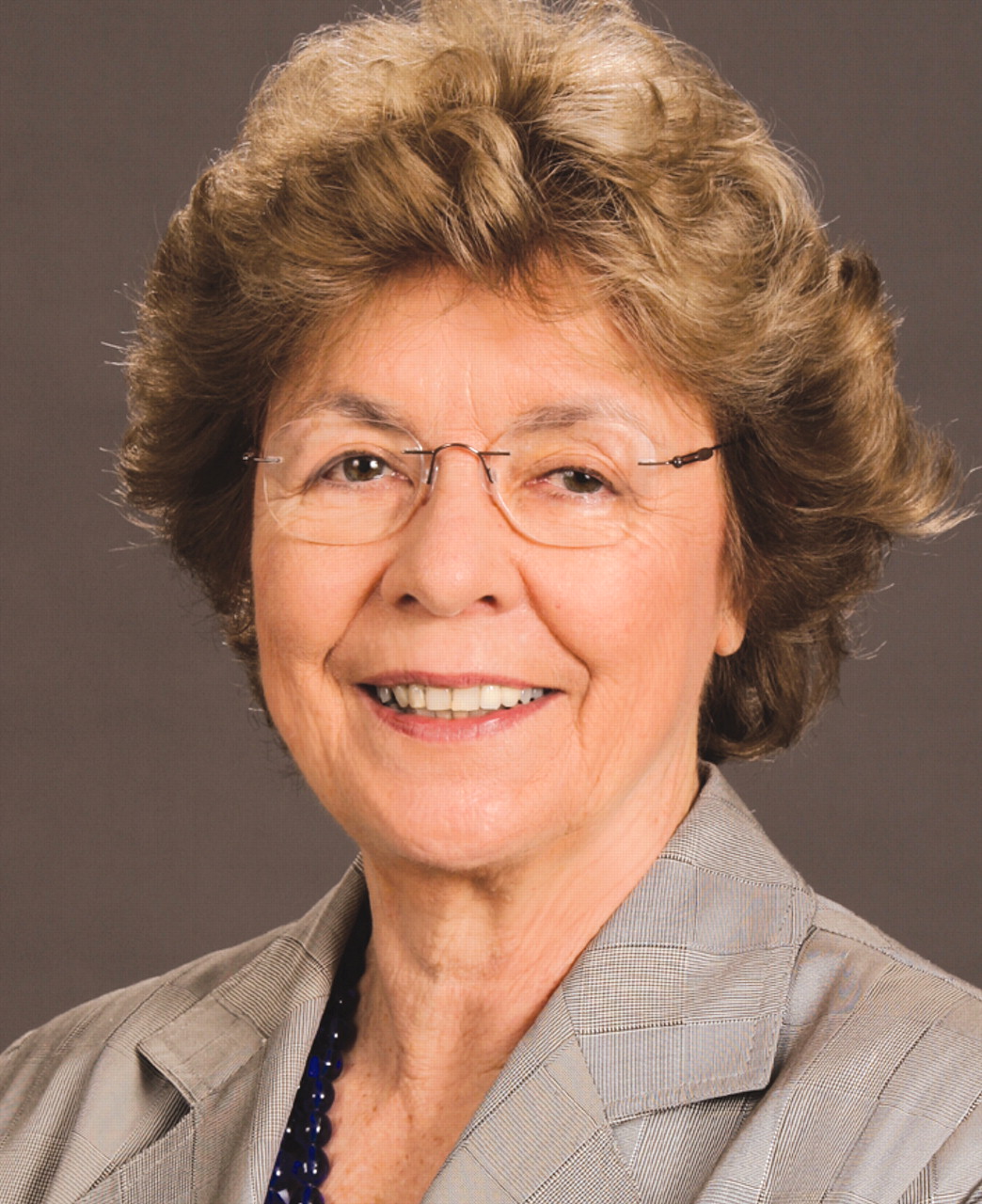Furthering Access to Integrated Mental Health Care

The theme of this year’s IPS highlights our knowledge that the biological, psychological, and social needs of all patients do not occur in isolation, but form an integrated whole. We are determined to provide integrated mental health care that responds to these complex interactions and to do so for all patients.
The IPS Scientific Program Committee has organized a multitude of exciting lectures, symposia, and workshops. Diagnosis and treatment of patients with antisocial personalities, access to care for minorities, treating patients with borderline personality disorder, the use of new technologies, collaboration with primary care, ethics, and split treatment are but a few of the issues that will be addressed. You can take a course on engaging resistant and hostile patients in participatory treatment, an integrative model for treatment of co-occurring substance abuse and other psychiatric disorders, and cultural formulations and treatment and learn about how some have used movie clips and music for therapeutic enhancement.
National and international leaders in psychiatry will give special lectures. Psychiatrist Sir Michael Rutter will present the Marmor Award Lecture, “Using Epidemiology to Test Causal Hypotheses.” Francine Bernes, M.D., Glen Gabbard, M.D., John Gunderson, M.D., Arthur Kleinman, M.D., Lisa Mellman, M.D., and Katharine Phillips, M.D., are among the many other extraordinary lecturers.
The mission of the IPS is in concert with the principles expressed in APA’s Vision for the Mental Health System. APA’s Vision includes in its principles: “Every American with significant psychiatric symptoms should have access to an expert evaluation leading to accurate and comprehensive diagnosis that results in an individualized treatment plan that is delivered at the right time and place, in the right amount, and with appropriate supports such as adequate housing, rehabilitation, and case management when needed. Care should be based on continuous healing relationships and engagement with the whole person rather than a narrow, symptom-focused perspective. Timely access to care and continuity of care remain today cornerstones for quality even as a continuum of services is built that encourages maximum independence and quality of life for psychiatric patients. The physician-patient relationship is central to any reform of the health system. It encompasses confidentiality, continuity of care, and the ethical responsibility always to put the patient’s needs first.”
At a time when President Bush’s New Freedom Commission report on mental health, “Achieving the Promise: Transforming Mental Health Care in America,” says what we all know—that the mental health system is in shambles, fragmented, and needs complete restructuring—this meeting is an opportunity to share innovative thinking and creative ideas with colleagues.
Work with patients suffering from such real-life hardships carries its own particular stress. I was talking recently with a psychiatric colleague who interviews some eight to 10 homeless people who are mentally ill. He described the type of effort it took to remain open and hear each person’s story. The stories of intense abuse and trauma were each painful and in the aggregate difficult to hear continually. But he knew that it was very necessary to remain engaged if he was to provide appropriate help. During the IPS he and others can meet, talk together, and explore common experiences that are part of our work. A special full-day session titled “Clinical Approaches to Working With Homeless, Mentally Ill Individuals: Challenges, and Rewards” will address some of these issues. There is also the opportunity to attend the special seminar “When the Patient Is Different From You,” as well as the workshop “Forming Effective Therapeutic Relationships Under Difficult Circumstances.”
All is not work. Boston is a beautiful city with many historic sites and delightful communities, with access to a wide variety of ethnic restaurants to enhance your gustatory integrative experience. A jazz concert with famed jazz guitarist Paul Geremia will take place on Friday night. Boston is a small city, convenient to get around. Take your children for a walk along the Freedom Trail, visit Faneuil Hall (and see if you can pronounce it), walk around North Beach, take a Harbor Cruise, enjoy a morning coffee in a cafe on Newbury Street, and don’t miss the statue of Paul Revere in front of the Old North Church and the U.S.S. Constitution. When I was in high school, my family and I lived for a couple of years in Quarters D in the Boston Naval Shipyard. The Constitution was docked within a two-minute walk from our home, and taking visitors on tours of the ship was a continuous activity. So, let me know if you have any questions.
See you in Boston. ▪



